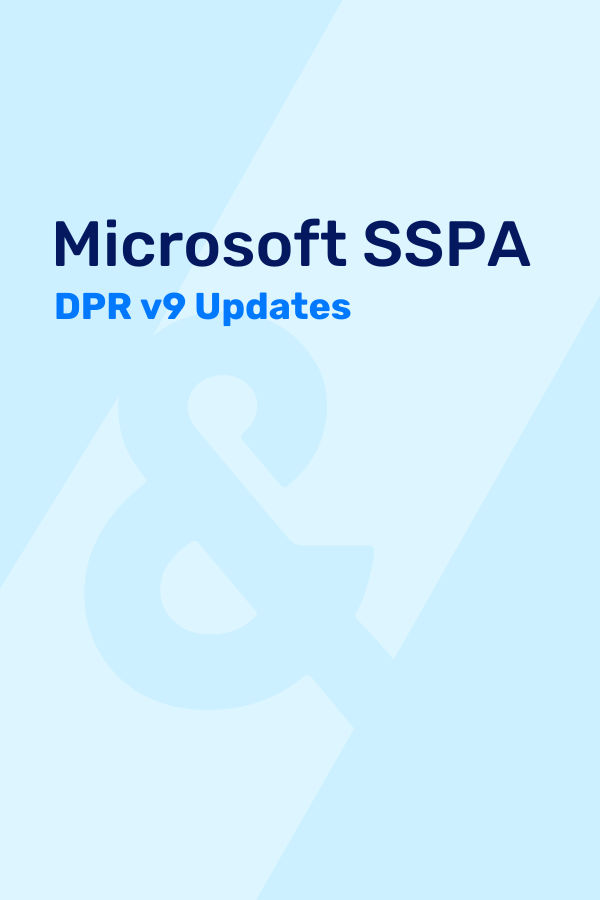The Corporate Transparency Act “CTA”, became effective on January 1, 2024. It is a federal law designed to enhance corporate transparency and combat financial crime. This legislation mandates that both domestic and foreign “reporting companies” disclose their “beneficial ownership information” to the Financial Crimes and Enforcement Network (FinCEN). While it aims to curb financial crime, the law also creates new challenges for small businesses. Sole proprietors and other entities not organized under state law are not “reporting companies.”
The Good
One-Time Filing
The “beneficial ownership” disclosure is a one-time filing, unless of course ownership or control changes.
Non-Public Disclosure
The filing is not open to the public.
Filing Deadline
Entities formed before January 1, 2024, have until January 1, 2025, to complete the filing.
Exceptions for Large Entities
Large entities with more than 20 full-time employees and gross receipts of $5 million or more are exempt from reporting.
22 Other Exceptions
The CTA exempts 22 other types of entities from having to report, including, but not limited to, tax exempt entities, insurance companies, and securities brokers and dealers.
The Bad
Small Business Challenges
Many small businesses will not meet one of the exceptions.
Complex Beneficial Ownership Definition
The definition of “beneficial ownership” includes individuals who own 25% or more of an entity and/or exercise substantial control, which may require a detailed analysis of an entity’s ownership structure.
Detailed Disclosure Requirements
Beneficial owners must disclose their full legal name, date of birth, address, and provide a photocopy of a government-issued identification, adding an extra layer of detail to the reporting process.
Tighter Deadlines for New Entities
Entities created after January 1, 2024, must disclose beneficial ownership within 90 days of formation, and entities formed after January 1, 2025, must disclose beneficial ownership within 30-days of formation.
The Ugly
Mandatory Corrections
Incorrect reports must be updated or corrected within 30 days of the reporting company becoming aware of inaccuracies, imposing a continuous monitoring responsibility.
Penalties for Noncompliance
Noncompliance with the CTA carries significant penalties, including civil fines of up to $500 per day up to $10,000 and/or imprisonment for not more than 2 years.
What You Should Do Now
Review Business Structure
Evaluate your current business structure to identify beneficial owners and those exercising substantial control over the entity.
Develop CTA Policy
Establish a Corporate Transparency Act policy outlining the responsibilities within your organization for reporting and updating beneficial ownership information.
Access Additional Resources
Visit www.fincen.gov for more information and FAQs to guide your understanding of the Corporate Transparency Act. You may begin your filing at www.fincen.gov/boi.
While the Corporate Transparency Act introduces commendable measures for combating financial crime, small businesses must now navigate its complexities and ensure timely compliance to avoid substantial penalties. Proactive assessment and implementation of a reporting policy will be crucial for a seamless transition into this new era of corporate transparency. Have any questions? Our team is here to help.





